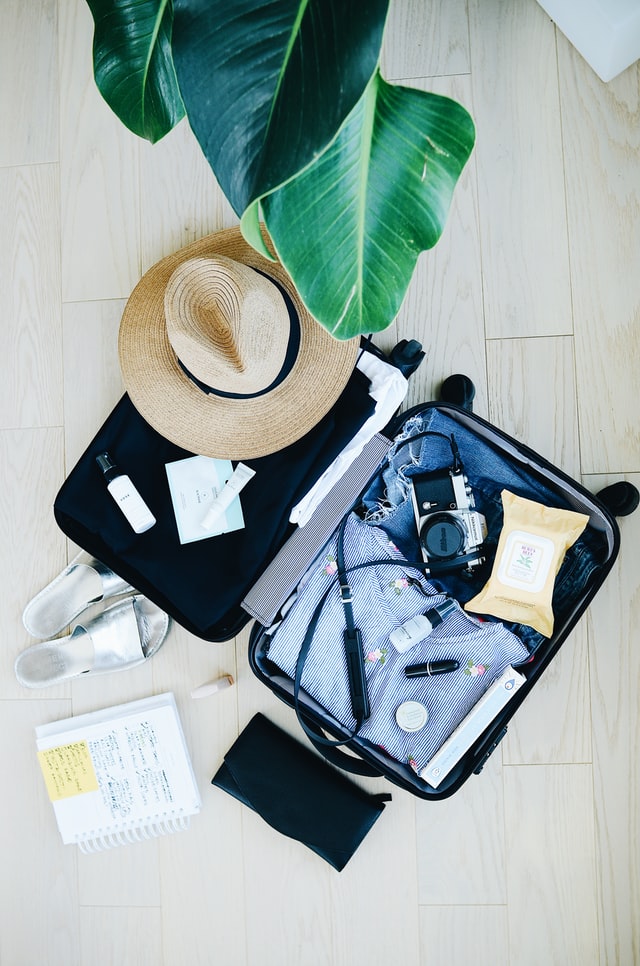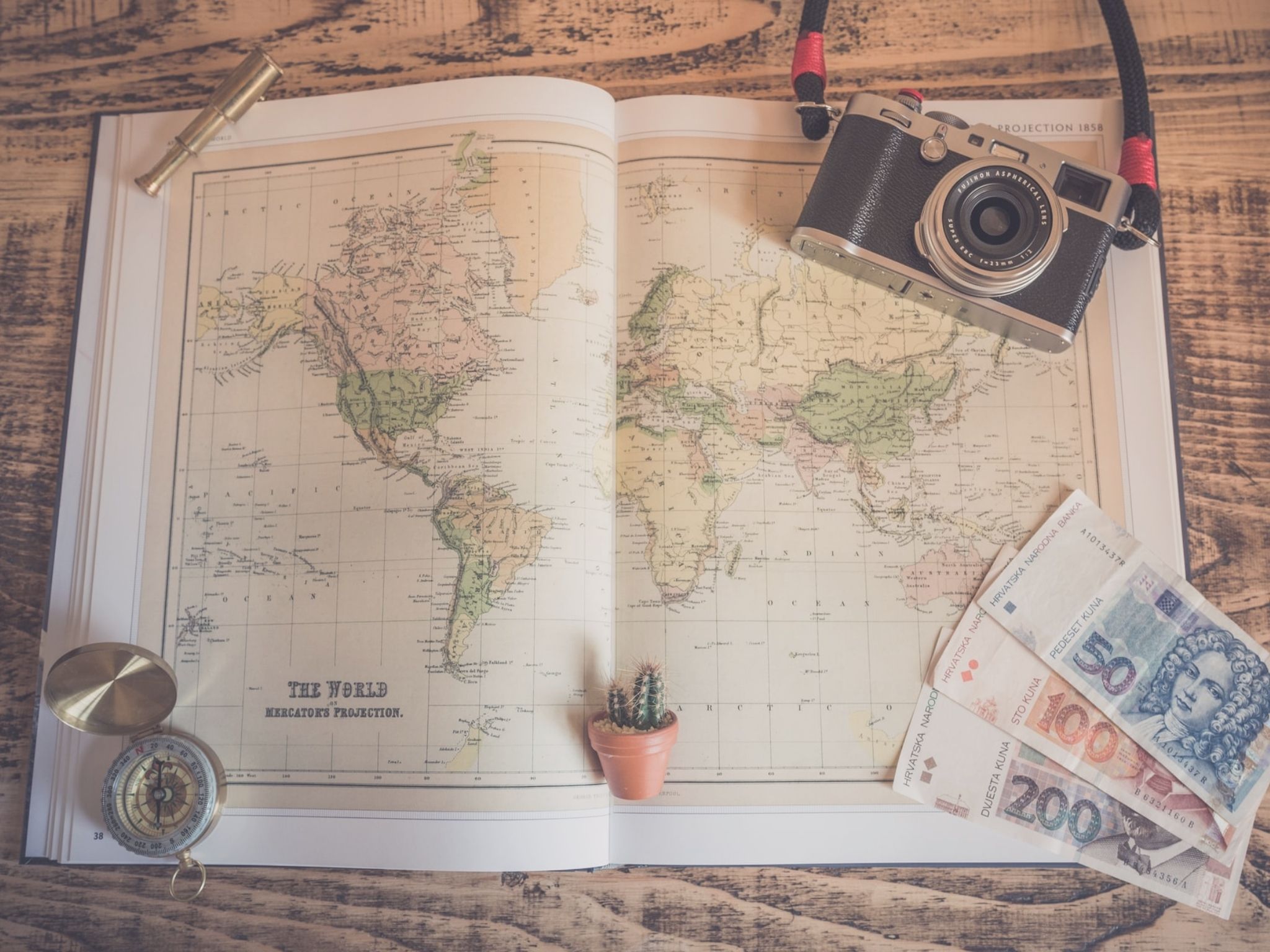Medications play a significant role in the lives of numerous people. According to the Health Policy Institute at the McCourt School of Public Policy, over 66 percent of all adults in the United States use prescription drugs. This number illustrates how many individuals rely on pills, drops, and inhalers to function properly throughout the day.
If you take some medications yourself, you know how crucial it is to stay on your dosing schedule and always keep your meds by your side. Doing so is especially vital while travelling, as the changing environment and all the commotion can make it easy to forget about your drugs.
So, before you start browsing sites like Coupon Ninja in search of attractive discounts on flight tickets, consider how you will manage your meds. For starters, you should keep them in your carry-on baggage, so you can easily access them en route. Moreover, you might want to check if your medicine is legal at your destination and ensure you have enough meds to get through the trip.
Here is a list of the best ways to get you and the medicine you need safely to your destination and back:



Pack your medications in your carry-on
The most straightforward way to manage your meds while travelling is to keep them in your carry-on bag. It is the most important step in ensuring they are with you at all times and can be easily accessed, which will help you take your pills on time. Moreover, you should keep your medications with you even when you go through security.
It’s also a good idea to pack more of your prescribed drugs in your checked luggage in case you lose your carry-on, or it gets delayed. However, make sure to put your name, contact information, and the name of your medication on the bag or container.
Label your medications
As previously mentioned, it’s a good idea to label your medications, especially if they are in different containers. If you are taking more than one drug put each set of tablets in a separate container and label the containers with your name or initials so that the meds can be easily identified if they get lost. Besides, doing this will help TSA officers know what they are looking at and avoid any confusion.
Check the legality of your medications
Before you leave for your destination, it makes sense to check if your medicine is legal there. This way, you will not get into trouble upon arrival.
While most states have similar rules regarding the possession of drugs, some might differ from others. For example, in California, a person needs a prescription to possess any controlled substance, while in Texas, only a doctor can issue a prescription for marijuana. As such, it’s even more important if you go abroad.
You can check if your drug is legal at the place of your arrival by checking the Drug Enforcement Administration’s website or by contacting the embassy of the country you are visiting.
Pack the right amount of medication for your trip, plus extra
Many people make the mistake of not packing enough medication for their trip. This oversight can easily lead to discomfort, health or mood issues, or even a medical emergency.
Furthermore, you need to bring enough medication for the entire trip, as you might not be able to find the same drugs abroad, or they might be much more expensive. It is always better to have too many pills than too few.
For short trips, you might need less than the full prescription, but it is better to be safe than sorry. To avoid any issues, pack an extra dose or two in case of emergencies.
Store them in a cool, dry place
Many medications are temperature-sensitive. For example, the US Food and Drug Administration (FDA) recommends keeping the EXUBERA inhaler at temperatures between 59 and 86 degrees Fahrenheit (15-30 degrees Celsius). If your medication falls out of its temperature range, it might not be as effective or even become harmful.
When you are filling your suitcase, make sure to pack your meds in a separate bag to keep them safe; you can consider putting them in a cooler or insulated bag if needed.
Watch out for changes in the time zone
When you change time zones, as you probably will at both ends of your trip, you will need to adjust your medication schedule. For example, if you leave at 2 PM from New York and arrive in Los Angeles at 7 AM the following day, you might have difficulty adjusting to your new dosing schedule.
Adjusting your meds on the go can be quite tricky, so do not try to figure it all out on your own. If you follow a strict dosing schedule, consult your doctor about whether you can alter it or not. In case you cannot take your medicine at a different time, you could set the alarm to remind yourself when you should take them. Doing so will help you keep the same interval between doses.
Conclusion
Travelling is a great way to bring fun and excitement into your life. However, if you have trouble managing your medications, it can turn into a stressful experience.
Indeed, it’s not always easy to travel with medications. You have limited space, you need to stay organized, and there are strict rules regarding the types of medicines you can take. However, if you know what you need to do, you can easily handle the whole process.
By following these simple tips, you will be able to pack medications, administer them properly, and make sure they do not run out. If you follow these tips when travelling, your trip will be as fun and safe as it should be.



